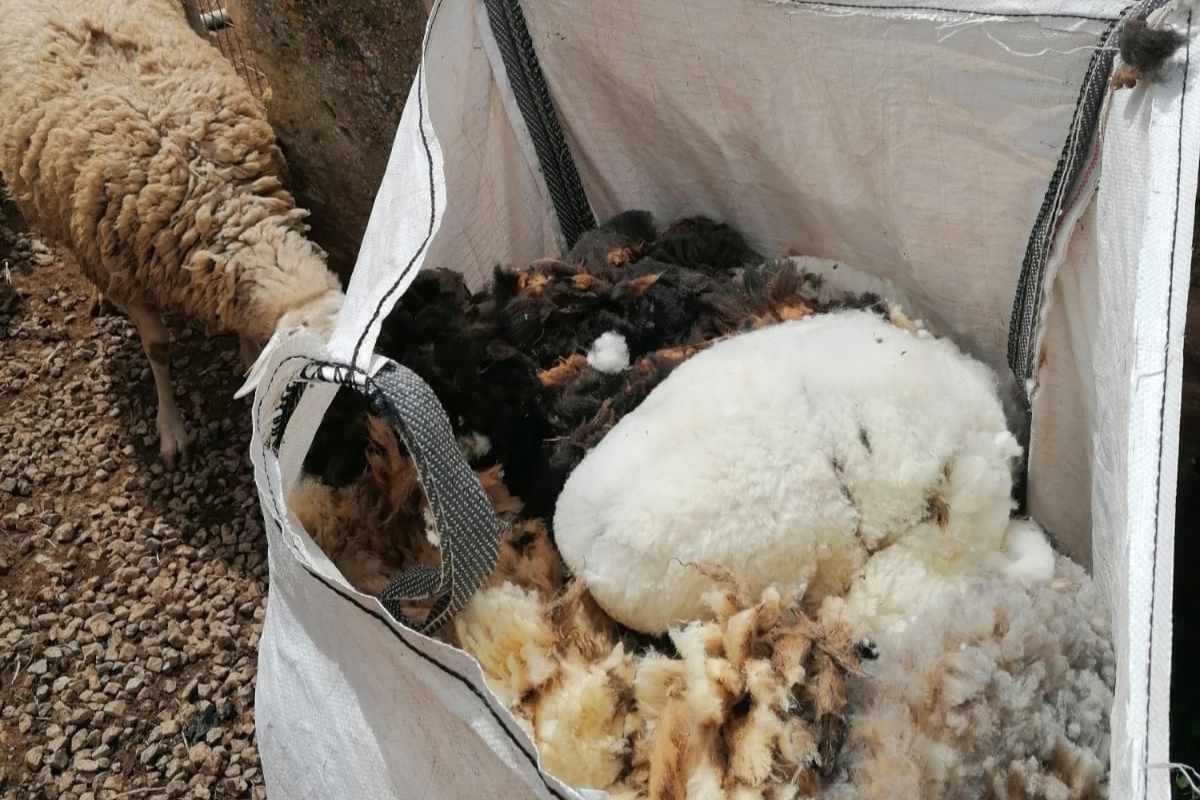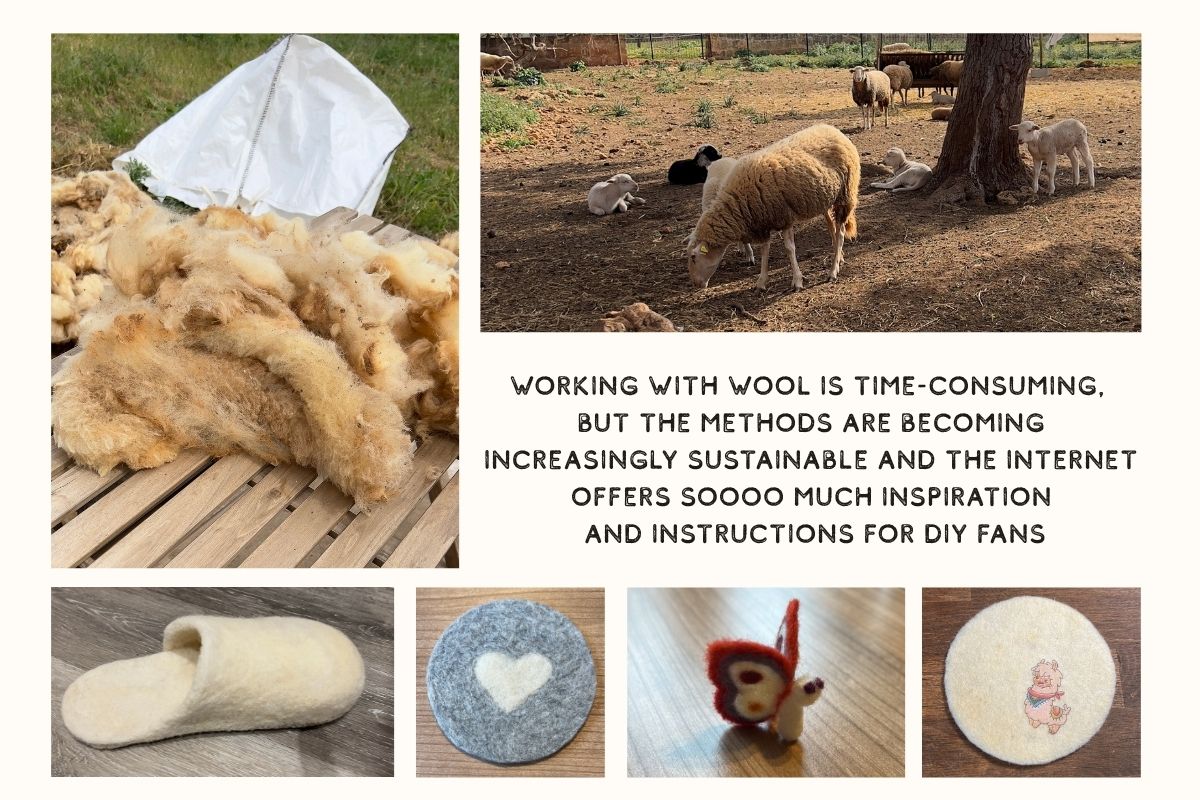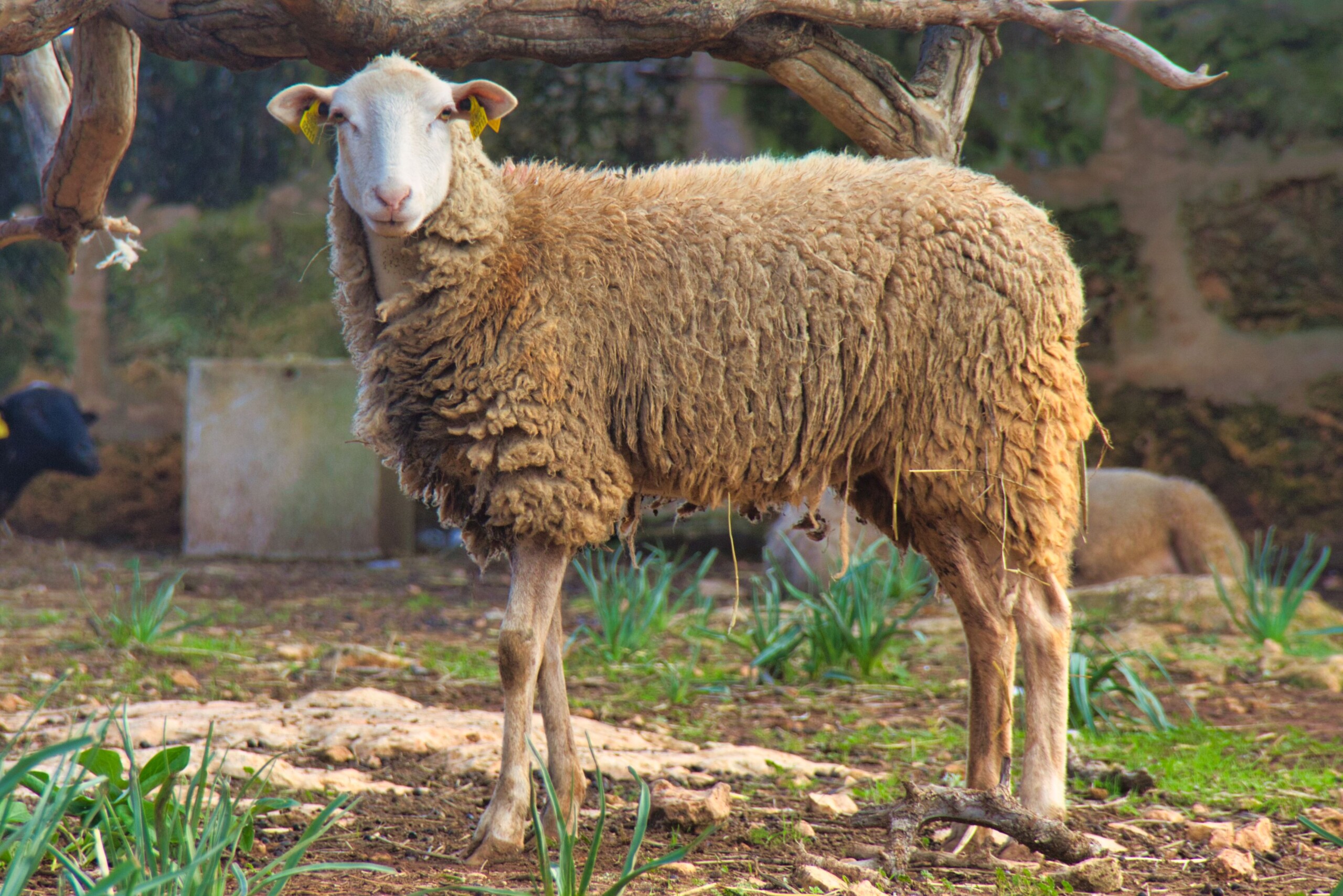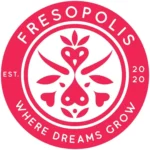What is it used for?
Mallorcan sheep are used almost exclusively for their meat. As a result, it is a breed with very firm and scratchy wool, making it only partly suitable for clothing production.
Nevertheless, sheep’s wool is an excellent raw material, the importance of which has unfortunately been lost over the years. With the growing concern for our environment, it is once again attracting more attention and being used increasingly in a sustainable way on the island. Sheep’s wool is enjoying a renaissance in different areas!
While wool used to be seen as a waste product or even incinerated, initiatives such as Llanatura are now working to exploit the potential of this local resource and transform it into high-quality products.

What happens with Mallorcan sheep´s wool?
The raw wool is first washed and prepared, often using environmentally friendly methods such as neutral soapsand using a minimum amount of water.
Processing is time-consuming, as Mallorcan sheep’s wool is relatively thick and greasy, which historically made it difficult to use.
Manufacturing of products
The wool is processed into wool felt, which is used to makevarious everyday and decorative products. Typical products are:
- Coasters
- Espadrilles (traditional shoes)
- Blankets
- Small rugs
- Cushions and household items
- Accessories and clothing such as scarves, hats, jackets, and bags
- Toys, ornaments, and DIY felt crafts

Innovative and sustainable use
Apart from classic textiles, Mallorcan wool is also used for ecological building and insulating materials, as it is moisture-regulating, sound-absorbing and heat-insulating.
The wool is biodegradable, hypoallergenic, antibacterial and breathable, which makes it particularly versatile. It is also used to make regenerative felt products that promote local craftsmanship and the circular economy.
Also in agriculture: Sheep’s wool pellets provide long-lasting nutrients such as nitrogen, potassium and phosphorus, which promote plant growth and enrich the soil with organic matter. They improve the soil structure, loosen the soil and have a soil-improving effect. Mulch made from sheep’s wool felt optimises water retention, inhibits the growth of weeds and protects against the cold in winter, and is particularly suitable for potted plants.
Challenges and Future Prospects
Despite its potential, of the more than 200 tonnes of wool that are produced on Mallorca every year, only a small proportion is processed locally; the rest is exported or disposed of.
Projects such as Llanatura are striving to use all the local wool and create both ecological and social added benefits. As a result, Mallorcan sheep’s wool is once again being used in a variety of ways: from traditional clothing and household goods to innovative, sustainable products for construction, design and crafts. This trend shows how a previously wasted by-product can become a valuable, regional product.
Here at Fresopolis, we also use the wool to improve the soil and are happy to take it from local sheep owners!
If you don’t know what to do with your sheep’s wool, please contact us.
Author: Francesco del Orbe


